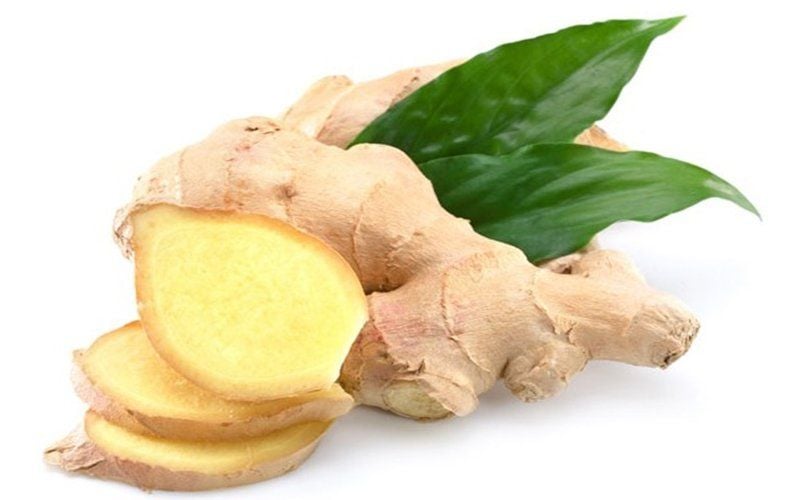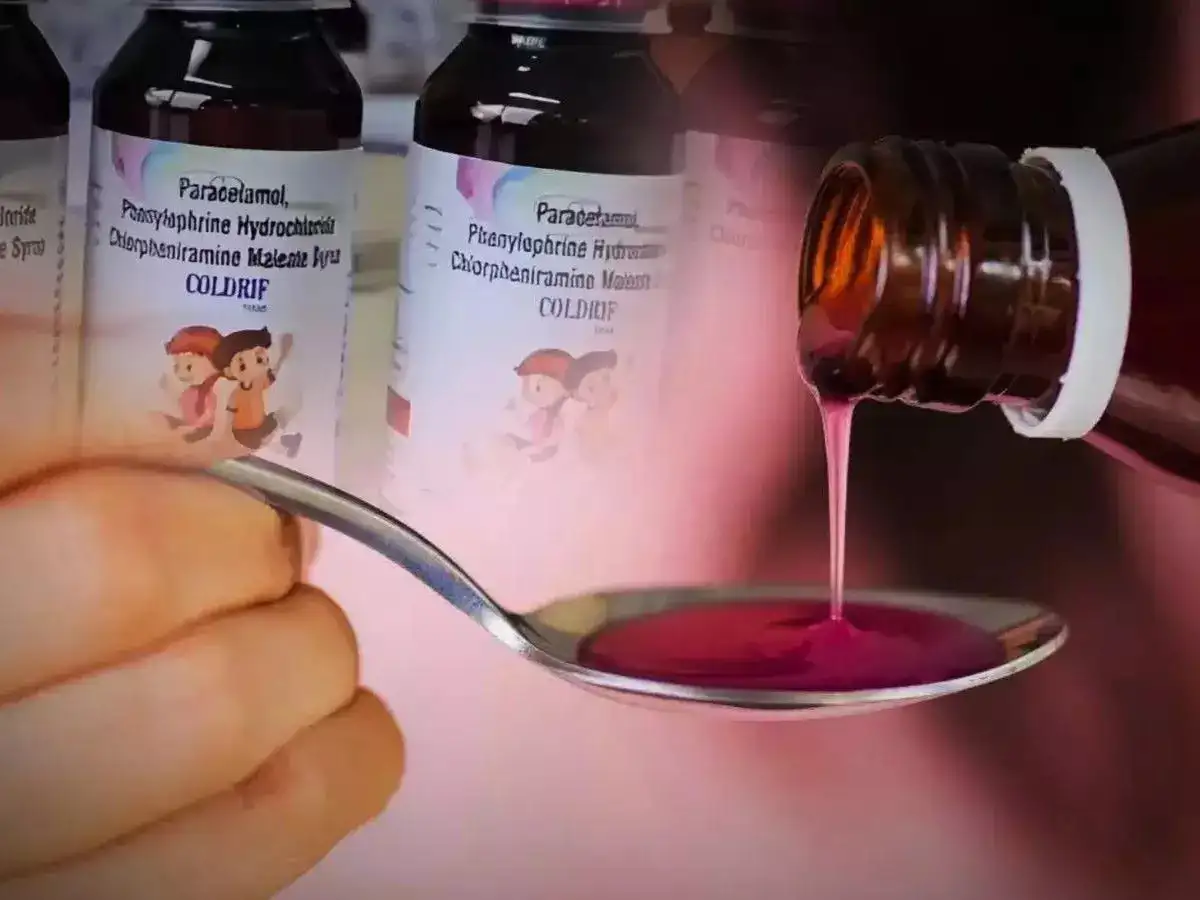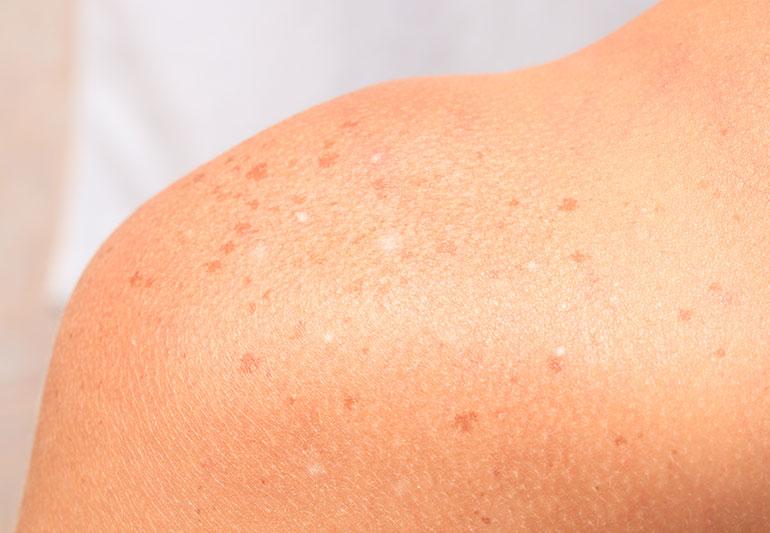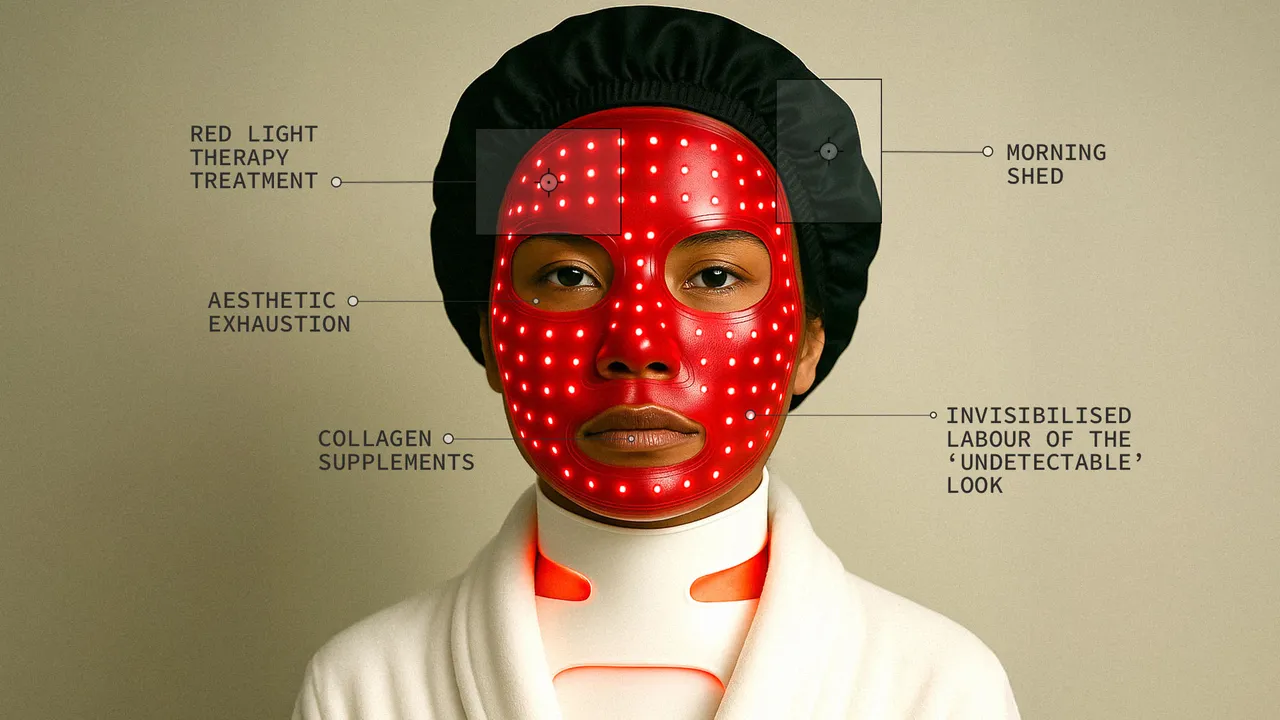Health & Beauty
Is PCOS inherited or a result of lifestyle choices?
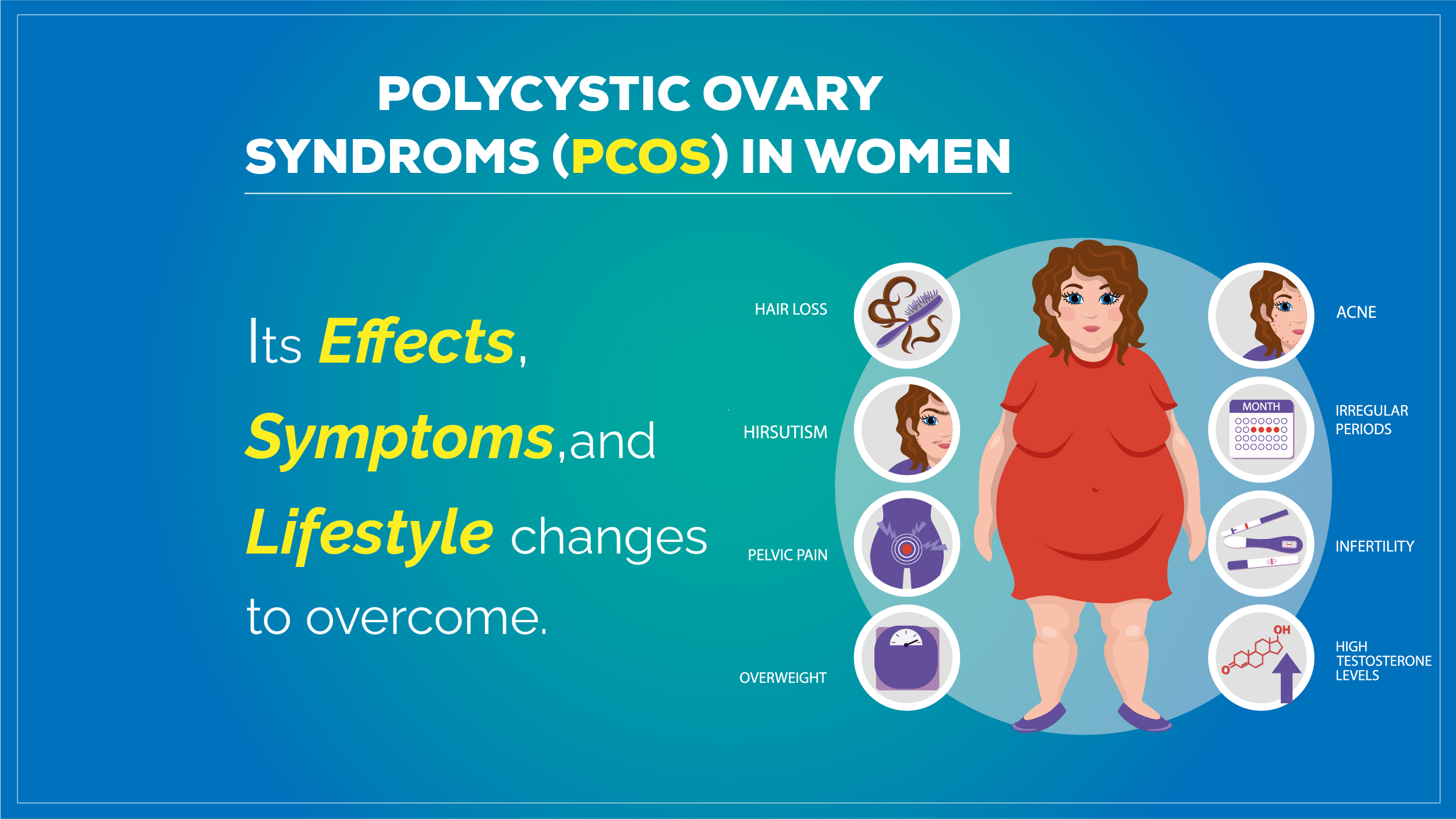

By Kajal Sharma - 02 Sep 2025 08:49 PM
Ask any group of young women today, and it's likely that many of them have heard of or dealt with PCOS, or polycystic ovarian syndrome. Despite its widespread occurrence, there is still uncertainty over its true nature, how it differs from PCOD, and if it is inherited or caused by lifestyle choices. A hormonal condition known as PCOS occurs when the ovaries create more androgens, or "male hormones," than is typical. Ovulation is disturbed, which results in infertility, weight gain, acne, irregular periods, and excessive hair growth.However, PCOD (polycystic ovarian disease) is a little different. Cysts are caused by the ovaries releasing a large number of immature or partially developed eggs in PCOD. Although the two disorders have similar names, PCOS is more dangerous since it affects the entire body and is a metabolic and hormonal disorder, whereas PCOD is confined to the ovaries and is typically easier to treat.It is not a straightforward "either-or," according to Dr. Nidhi Sharma Chauhan, an obstetrician and gynecologist at Saifee Hospital in Mumbai. Both lifestyle and genetics are involved.
There appears to be a hereditary component to PCOS. According to research, excessive levels of androgens or environmental contaminants during pregnancy increase the risk of PCOS in the developing fetus. Additionally, it can run in families, and some populations, like Asians, have a higher propensity for it, she notes.This does not imply that PCOS will develop in all individuals with a genetic connection. Dr. Chauhan explains that not everyone who has a hereditary risk to PCOS will get it. Lifestyle is really important. The illness can be triggered by factors such as weight increase, long-term stress, sleep deprivation, physical inactivity, and improper eating habits.There is no "one-size-fits-all" approach to PCOS. Some women suffer from infertility and irregular periods, while others have metabolic issues like weight gain and insulin resistance. Some women have all of these symptoms at once. There are several different types of PCOS. According to Dr. Chauhan, "some people may have the full spectrum, while others may have only one or two symptoms." This complicates diagnosis and necessitates a customized treatment strategy. Awareness is crucial because PCOS affects women in very different ways than illnesses with a distinct set of symptoms.


